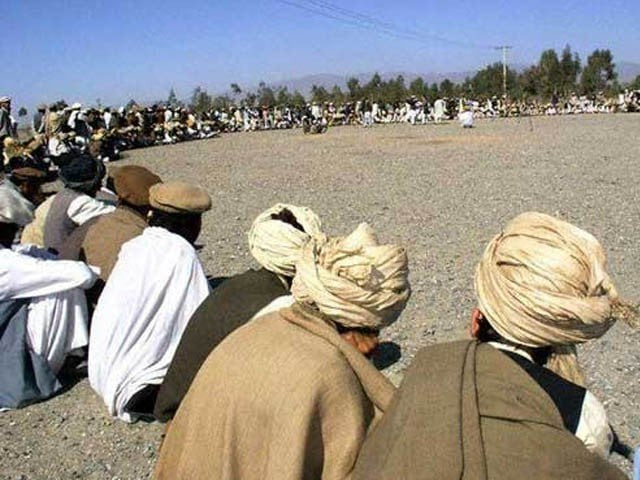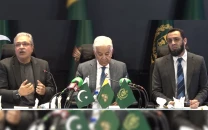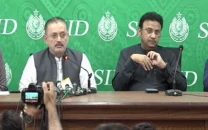Civil courts functional in erstwhile Fata
Five different cases had been submitted to the courts in Mohmand district under senior civil judge Ubaidullah

Standing committees also expected to see changes. PHOTO: FILE
In all, 28 judicial officers — seven district and sessions judges, seven senior civil judges and 14 additional sessions and districts judges — have been posted to seven merged tribal districts as members of district judiciary. Public prosecutors have also been appointed on immediate basis.
The courts for the merged districts included Khyber at Federal Judicial Complex in Hayatabad, Bajaur at Timergara in Lower Dir, Kurram at Thall in Hangu district, South Waziristan at Tank, Orakzai at Hangu, Mohmand at Shabqadar and Charsadda and North Waziristan at Bannu.
Five different cases had been submitted to the courts in Mohmand district under senior civil judge Ubaidullah.
A lawyer, Raza Khan told the Express Tribune that he was really happy that civil courts had been made functional in the area as earlier the district followed the FCR (frontier crime regulation) where political agent acted as an administrator, prosecutor, investigator and judge of a case.
Khan observed that FCR was a draconian law and it was a long standing demand of the tribesmen to get access to the courts and today their demand had been met.
Another individual, Salman Khan who had submitted his application but did not have a lawyer for not being familiar with the formal proceedings of filing a case remained optimistic and said that he was appealing on behalf of his brother, who had been detained on murder charges. Khan maintained that his brother was innocent and hoped he would get justice from the court.
Other locals had also started making their way to the courts while judicial officers commenced working in Mohmand district. Two sessions judges and two civil judges had been posted to Shabqadar district. The staff appointed at the courts had been transferred from various departments of the province.
For now, plaintiffs from tribal districts will have to visit their neighbouring district to file a case in a court of law. As the proper installation of courts, including their buildings and chambers for counsels, cost funds worth billions of rupees, the appointed judges have started working on temporary basis in settled districts adjoining to the respective tribal districts.
According to the directives of Supreme Court in January, laws applicable in Khyber Pakhtunkhwa (KP) and elsewhere in the country became effective in the merged tribal districts after which terms like Khasadar and Levies too had become void and now these tribal law enforcers are known as police.
As Article 247 of the Constitution has been repealed, the Frontier Crimes Regulation too stands dissolved. Therefore, the tribal areas will now work as per the laws in the province.


















COMMENTS
Comments are moderated and generally will be posted if they are on-topic and not abusive.
For more information, please see our Comments FAQ